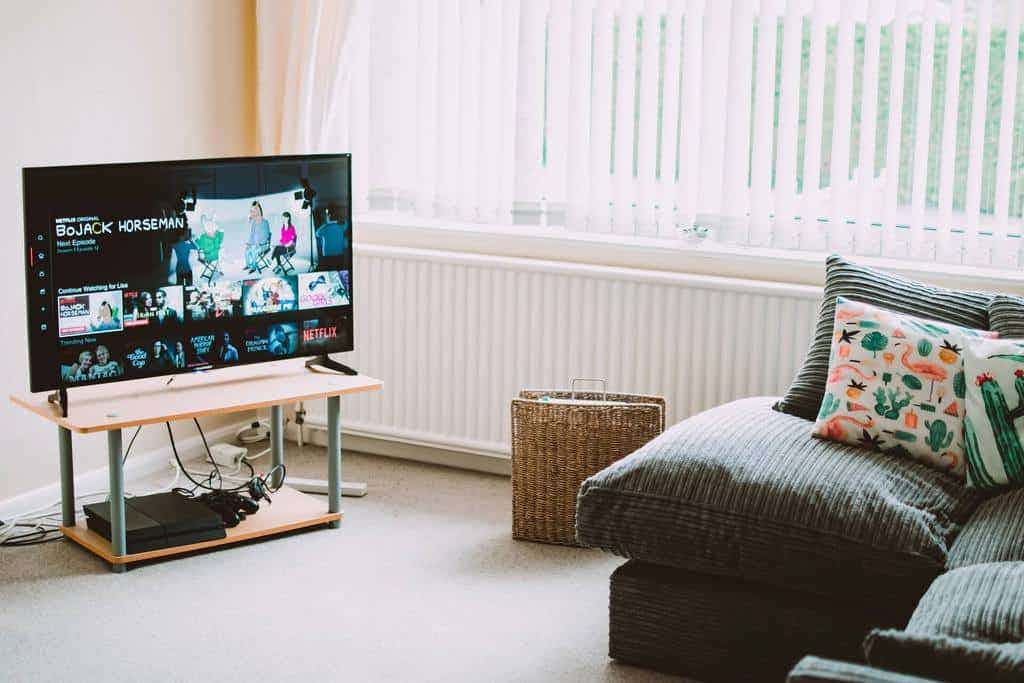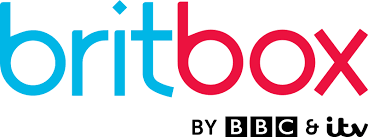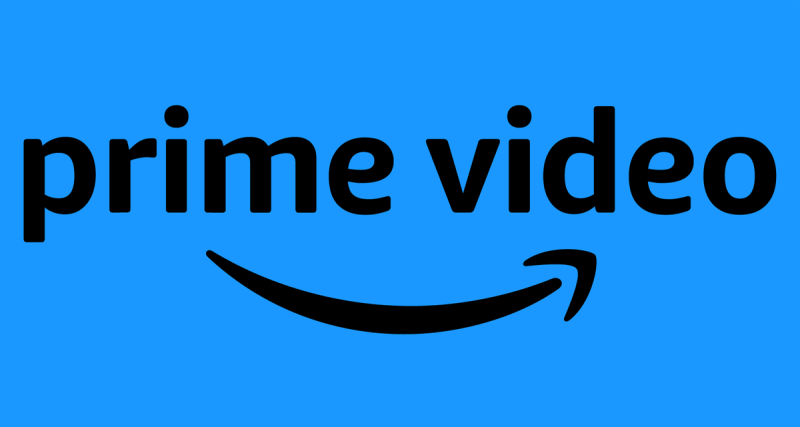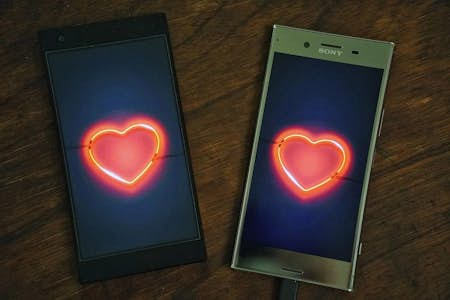Perhaps one of the unexpected impacts of the Coronavirus was the change to TV licence fees. Field officers were unable to get out into the community to check whether people had an up to date TV Licence. Then there’s the BBC’s delayed new licensing scheme, due to take effect on 1st June, which has been stalled because of the pandemic.
Instead, around 1.5 million households with residents 75 years and over were temporarily given free TV licences. But, as a provisional measure, this benefit was always going to end at some point. In this article, we look at what’s happening with TV licences, whether you’re still eligible for a free licence, and what action you need to take to stay covered legally.
Stay up to date with all your favourite shows - and know what your kids and grandkids are talking about - by taking out a subscription to a leading streaming service. Click a provider below to get started.
Is The Free TV Licence Going To Be Scrapped?
In short, yes. From 1st August 2020, free TV licences will come to an end. They had been funded by the government since the announcement of the temporary scheme on 1st June.
It’s a little more complicated than that, as the BBC already had plans in place for over 75s before COVID-19 struck. So, from 1st August, anyone who is eligible and over 75 will receive a free TV licence funded by the BBC.
What does being eligible and over 75 now mean? The difference is that instead of being entitled to a free licence when you reach 75, you now need to be at that age or over and receiving pension credit. Effectively, this will restrict the number of people benefiting from the scheme to those under a certain income threshold.
If more than one of you live in the household, only one of you needs to be claiming pension credit to be eligible. Just make sure you’ve got this in place before you stop paying for your licence.
This may cause some confusion, because it sounds to anyone over 75, that the free TV licence will be coming to an end. Or you may mistakenly think you’re still able to claim a free licence when in fact you can’t.
What do you need to do if you fall into this age group? In short, nothing. The TV licensing department will be contacting households giving clear instructions on what to do next. If your licence expires before 31st July, you still don’t need to take action. Just hang tight until you receive the letter.
Is The TV Licence Going Up In 2020?
There are changes for those who need to pay for their TV licence too. Admittedly, this news could easily be brushed over with the events over the past few months, but in February, the BBC announced that the annual licence fee was to rise from £154.50 to £157.50 per year for a colour TV licence.
This was to take in the rising level of inflation. This has been the way TV licences has worked since 2017 when the government set out plans to increase licences in line with inflation every year for five years.
You can choose your payment terms to make things a little easier on your monthly finances. Splitting the cost per month may help, and if you already started your payment plan before 1st April 2020 at the previous price, your monthly payments won’t increase. When your licence is due for renewal you can expect to pay the new fee, however.
Do I Need A TV Licence To Watch Online TV Services?
This is an important point because many people watch TV through different apps these days. iPlayer, Amazon Prime Video, ITV Hub, All 4, YouTube, Now TV, the list goes on. You do need a TV licence to watch any online TV services like this.
Essentially, a TV licence covers anything you watch, record, or download for any TV programme on any channel, on any device and any service provider. So, if for example, you only use your TV to watch Netflix, you still need a TV licence.
Many people wonder how they can tell if you have a TV licence. In short, they have a national database of households with and without licences. A quick check of unlicensed households is one simple method they use to keep on top of things. They also use detection vans which can detect TV receiving equipment and compare that with licenced and unlicensed addresses.
Who Else Is Exempt From The TV Licence?
There are other concessions on TV licence fees. However, they are only available to a relatively limited group of individuals, aside from eligible over 75s.
If you’ve turned 75 recently, or if you’re 74 and already receive pension credit, you can still apply for your free TV licence. In this case, you’ll get a short-term paid-for licence to cover you until your 75, so you won��’t have to pay for a full year. You’ll need to request an application form to be entitled to this short-term licence arrangement.
Other eligible groups include people who are blind or severely sight impaired. Those living in residential care homes who are also either disabled or over 60 and retired. And finally, businesses providing units of overnight accommodation, like hotels and mobile units, are exempt from the fees.
The important thing is not to assume you’re within the eligible group without first checking the facts. You’ll need to ensure you’re ticking all the boxes to avoid getting a fine.









